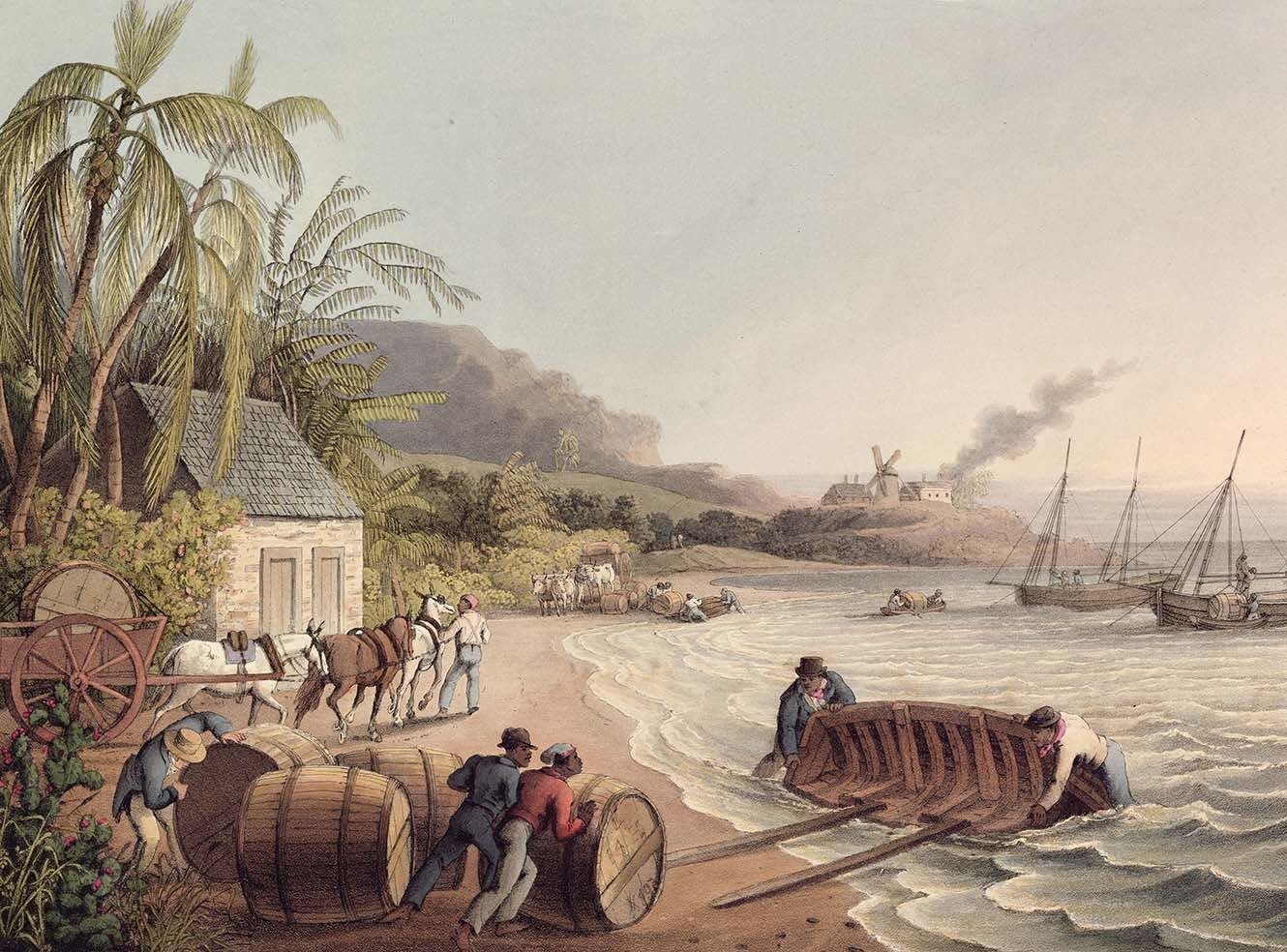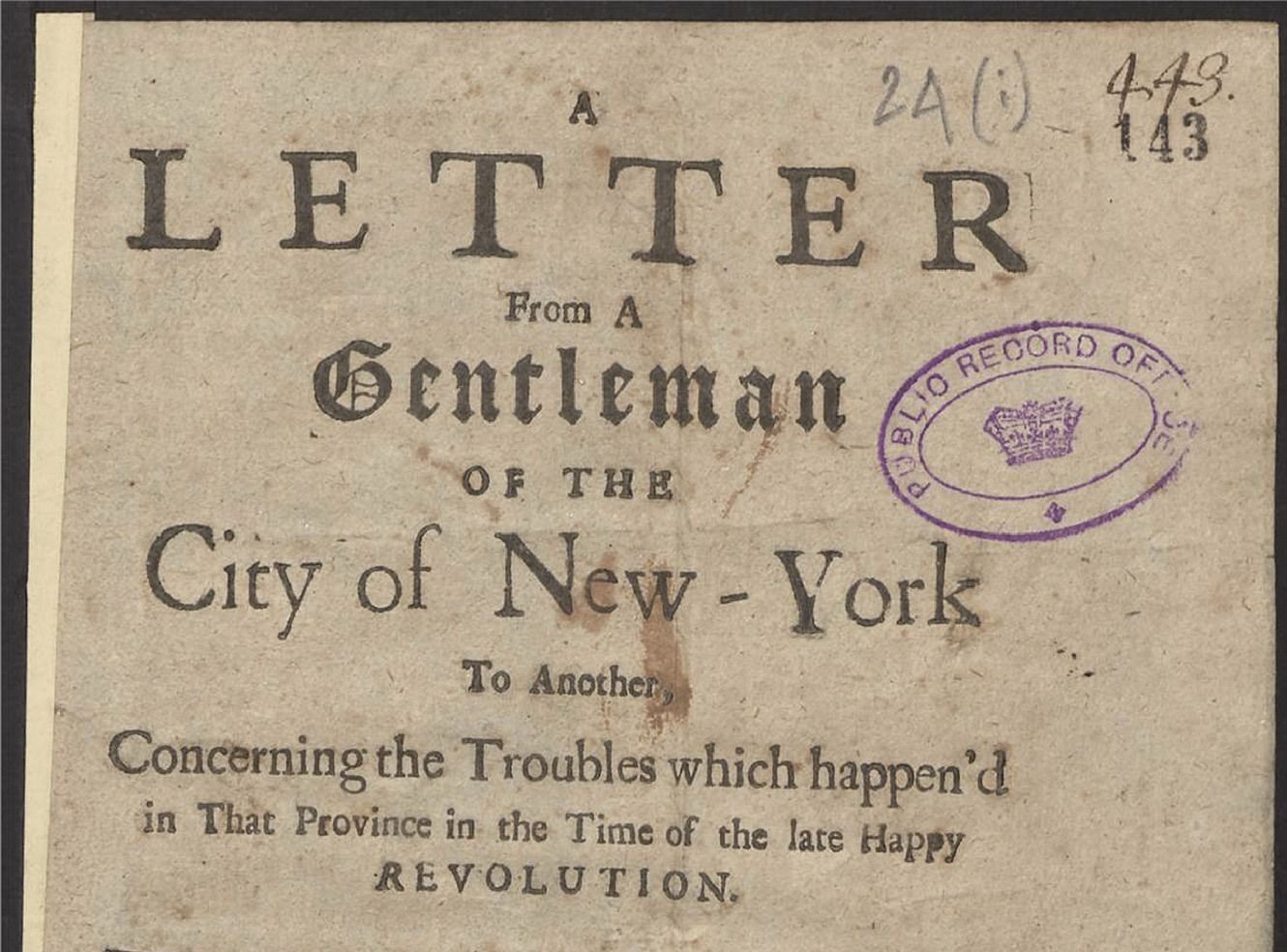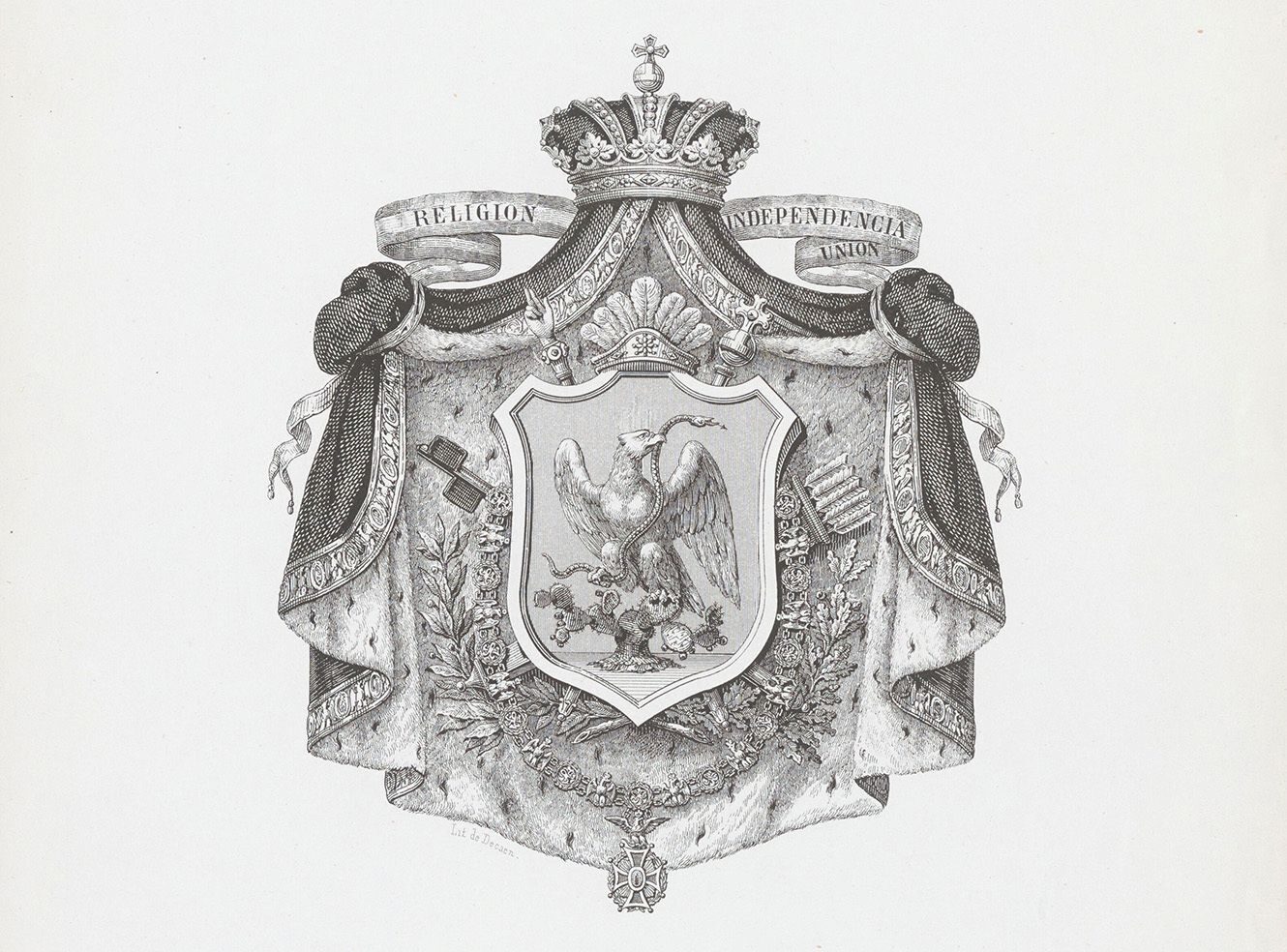Interrogating Colonial Documents and Narratives
Designed to develop students' primary source literacy and critical engagement with key topics, Interrogating Colonial Documents and Narratives introduces key approaches and methodologies of working with colonial documents.
With practical advice and instruction from experts around the world, it provides practical guidance on how students can find hidden voices in colonial documents, the ways instructors can teach colonial history and how best to analyse colonial records and conduct their own research.
Introduce students to key concepts that underpin research in colonial history. Interrogating Colonial Documents and Narratives will help to embed the core principles for understanding and using primary sources in historical research. It can be used in classroom-based and online teaching to enhance student success, as well as for extended study.
Key data
Source archive
- Sources drawn from AM's archival partners across the globe
- Critical thinking
- Information literacy
- Student success
- Independent study
- Colonial and imperial history
- Decolonisation
- Source case studies
- Instructor case studies
- Thematic source sets
- Data sets
- Learning tools
- Practice sources
- Antoinette Burton, University of Illinois Urbana-Champaign
- Esme Cleall, University of Sheffield
- Joseph Udimal Kachim, University of Cape Coast
- Robin M. Katz, University of California Riverside
- Shino Konishi, Australian Catholic University
- Naina Manjrekar, Indian Institute of Technology Bombay
- Emily Manktelow, Royal Holloway, University of London
- Gelien Matthews, University of the West Indies at St Augustine
- George Njung, Baylor University
- Peer-reviewed essays, how-to guides and video interviews share the core principles and practices for understanding and using primary sources to interrogate colonial narratives.
- Case studies based on digitised sources demonstrate how to analyse and approach primary source material. Learn how subject experts work with specific types of sources and how to implement this in research and teaching.
- Nearly 200 practice sources. This diverse set of colonial documents enables students to put their primary source literacy skills into practice.
- Example cases for working with data in colonial documents, such as using automated entity recognition to find marginalised voices and how to apply quantitative approaches to newspapers.
- Thematic source sets bringing together carefully curated colonial primary sources on a single theme, together with contextualisation and analysis by subject experts to demonstrate how to find and interact with different source types to suit your research interest.
- Instructor Case Studies designed to help teachers and students approach a wide variety of assignments that can be used to study colonial history. These pieces gather ideas for teaching and learning, plan model assignments and feature lesson material for both teachers and students. Learn how to interrogate, interpret and use the data within.






